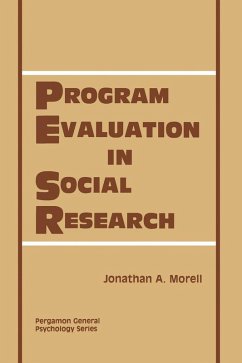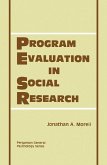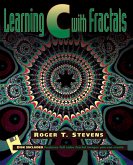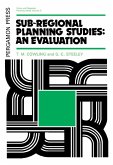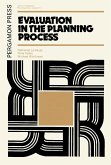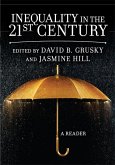This book is comprised of eight chapters and opens with a discussion on the consequences of program evaluation for the conduct of social research and for society at large, and how evaluation can be made into a method of generating practical and powerful suggestions for planning successful social programs. The concept of "outcome evaluation" is also organized into meaningful categories which can be used for the intelligent planning of appropriate evaluation activities. The following chapters consider the types of evaluation that are carried out, the relative merits of each type, and how to optimize the validity and utility of each type. Evaluation as a technological, rather than a scientific, pursuit is also discussed. The remaining chapters focus on the frictions that arise during the implementation of program evaluation; program evaluation as a profession; and how evaluation can be developed into a relevant and powerful method of guiding the course of social innovations.
This monograph will appeal to sociologists, social scientists, and social researchers.
Dieser Download kann aus rechtlichen Gründen nur mit Rechnungsadresse in A, B, BG, CY, CZ, D, DK, EW, E, FIN, F, GR, HR, H, IRL, I, LT, L, LR, M, NL, PL, P, R, S, SLO, SK ausgeliefert werden.

